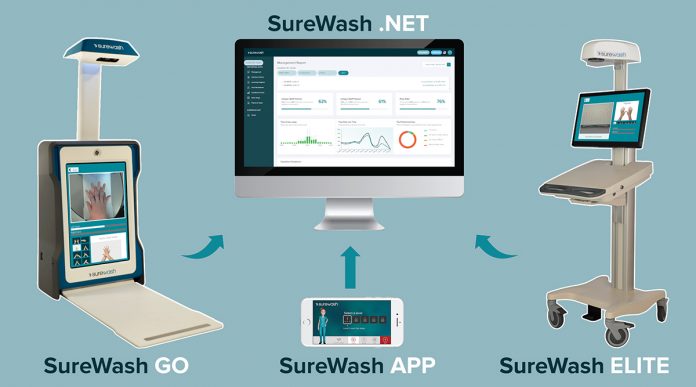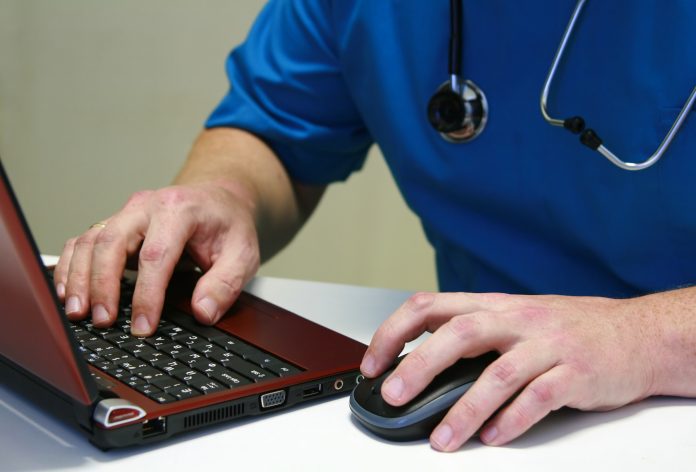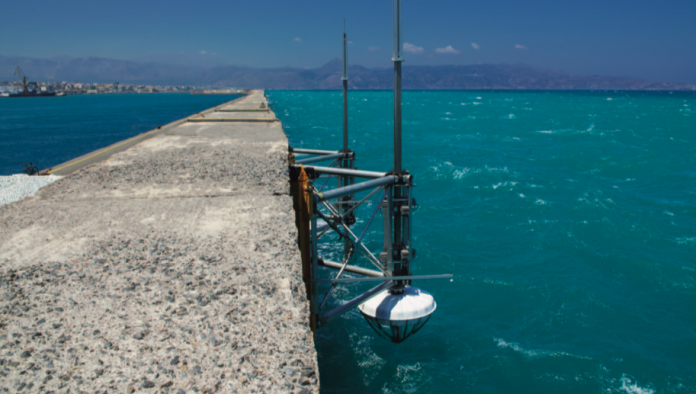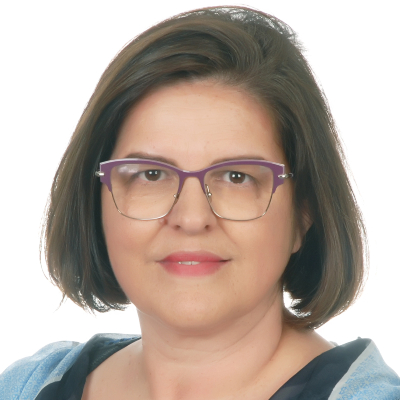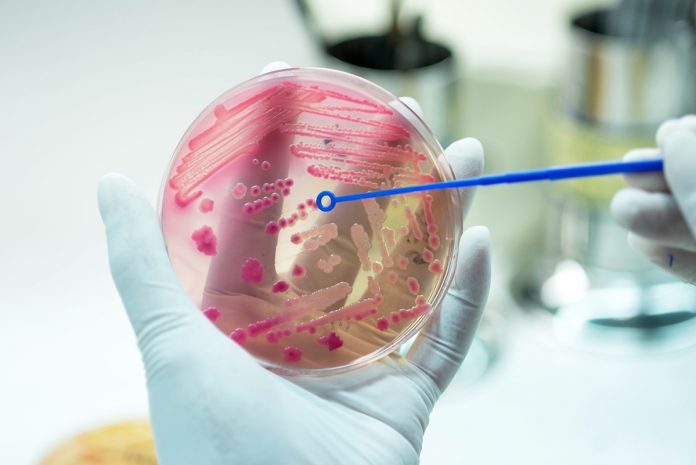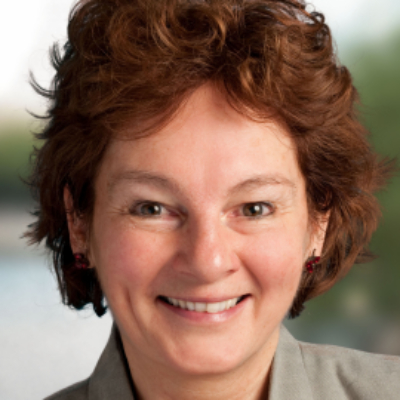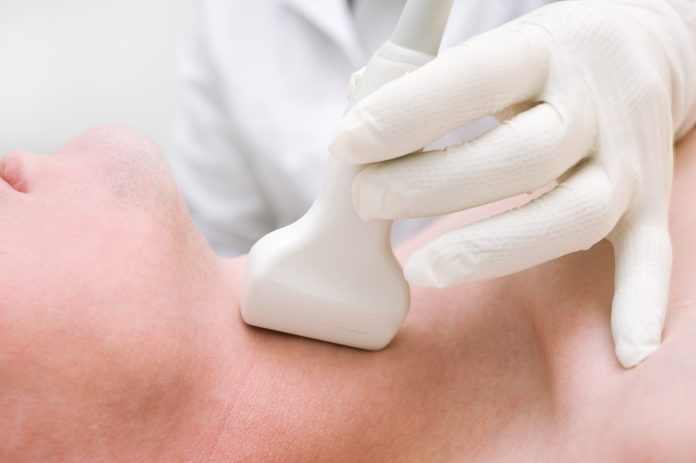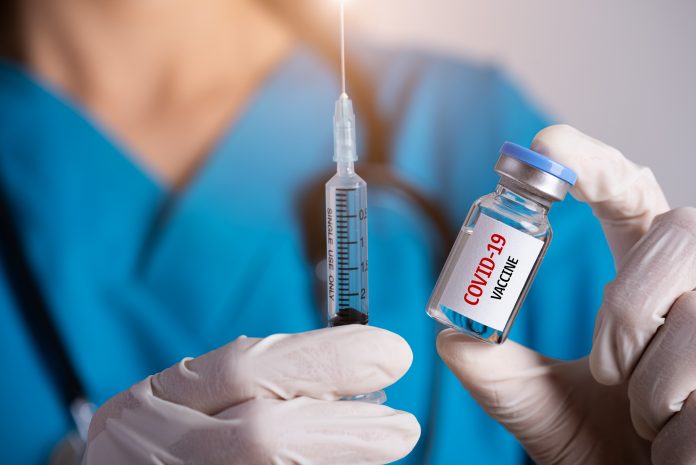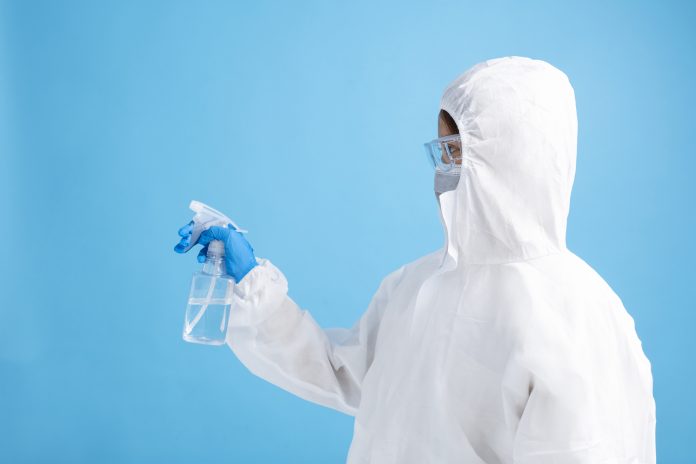Open Access Government produces compelling and informative news, publications, eBooks, and academic research articles for the public and private sector looking at health, diseases & conditions, workplace, research & innovation, digital transformation, government policy, environment, agriculture, energy, transport and more.
Home Search
sme - search results
If you're not happy with the results, please do another search
Beyond skin deep: The emerging science of tattoo toxicology
Jonas J. Calsbeek, Jeremy A. MacMahon & Pamela J. Lein, PhD from University of California, Davis, explain the emerging science of tattoo toxicology.
A modern approach to hand hygiene training
SureWash, a CPD certified hand hygiene training company has been helping healthcare facilities globally with the fight against COVID-19. Founder and CTO, Dr Gerard Lacey tells us about their technology and what comes next for the company.
Beyond the digital healthcare chasm
Here, José Bastos, Director at knok, explores how virtual care management will be fundamental to digital transformation within the healthcare sector.
Fighting climate change by closing the carbon cycle using membrane technology
Patricia Luis from UCLouvain highlights fighting climate change by closing the carbon cycle using membrane technology.
Secure remote patient monitoring for improved health efficiency
Here, we discover that SymlConnect digitises the paper-processes, offering remote monitoring to improve efficiency in care monitoring and reducing the waiting list exacerbated by the COVID-19 pandemic.
Unlocking the contribution of rural enterprise to ‘levelling up’
Professor Jeremy Phillipson, Director of the National Innovation Centre for Rural Enterprise and Paddy Bradley, CEO of Swindon and Wiltshire LEP explain their thoughts on unlocking the contribution of rural enterprise and “levelling up”.
How is extensive research informing EU policy-making?
Megan Warrender, Assistant Editor at Open Access Government, investigates the current and future policy priorities of the Commissioner for the Environment, Oceans and Fisheries, Virginijus Sinkevičius, and what is influencing them.
Towards a British-European partnership on a circular economy
The United Kingdom is about to leave the EU – but there are opportunities to rebuild a strong partnership around a more circular economy, states Professor Raimund Bleischwitz, Director of UCL Bartlett School of Environment, Energy and Resources.
Project SPROUT: The new urban blueprint for sustainable mobility
We spoke with Dr Teresa de la Cruz, Project Manager at Zaragoza Logistics Center and Dr Georgia Ayfantopoulou, Research Director, Deputy Director Hellenic Institute of Transport, Centre for Research and Technology Hellas, about their work to create a universal set of policies for sustainable mobility.
Dr Georgia Ayfantopoulou – Project SPROUT
Dr. Georgia Ayfantopoulou, Research Director at the Hellenic Institute of Transport (ΗΙΤ) of CERTH with experience for over 25 years in transport systems planning, management and optimization
Always focusing on new technology implementation, as enabler for transforming transport and mobility systems, her work emphases on: a) ITS, C-ITS for transport...
Achieving the ‘levelling up’ agenda needs to go beyond a Green Book refresh
Infrastructure in the developed world is creaking – we estimate that over $4.6 trillion of spend is required by 2035 to keep pace with needs, and a Green Book refresh won't do it.
Antimicrobial resistance (AMR): A global health concern
SACIDS Africa Centre of Excellence for Infectious Diseases trains young African scientists in research on global health issues: An example of a PhD Student Research on antimicrobial resistance (AMR).
Research shows that police militarisation does not reduce crime
In the 2020 summer of Black Lives Matter protests, police militarisation was everywhere, with tanks rolling in the streets, officers dressed in full combat gear and armed with automatic weaponry - the question is, does it help to control crime?
AI agents and ‘choose-ables’
Dr Lorraine Dodd of Bioss International discusses understanding the limitations of AI agents in terms of their potential for choice-making, and explains how the study of choose-ables could enhance them.
Dr Lorraine Dodd – Bioss International
Lorraine is a highly respected international contributor to Defence studies in Command, Control, Intelligence and Information analysis and research
She majors in Artificial Intelligence, Choice-making, Decision Systems Design and Complex Dynamics. Her main interest is subjective sensing, sense-making, decision-making and the study of information, organizations, society, people and governance under...
Head and neck cancer treatment
Michelle Vickers, CEO of the Head and Neck Cancer Foundation tells us what we need to know about head and neck cancer treatment, including comment on driving surgical-technological development.
Pfizer COVID-19 vaccine to be rolled out across UK next week
The Medicines and Healthcare products Regulatory Agency (MHRA) has approved the Pfizer/BioNTech COVID-19 vaccine for use in the UK and will be made available as early as next week.
We must find other ways to keep NHS teams safe when they can’t work...
Dr Anas Nader, co-founder and CEO of Patchwork Health, discusses why we must find reliable ways to keep NHS teams safe when they can't work from home during the pandemic.
Selecting hand hygiene products in a global pandemic
Chris Wakefield, Vice President of GOJO Industries-Europe Ltd, explores how businesses can navigate the increase in cleaning products on the market and select products that will best meet their needs.
IR35: Understanding the changes to off-payroll working
Caroline Vooght, director at Expion Search & Selection focusses on the importance that both businesses and contractors understand the new rules around off-payroll working, also known as IR35, as recent changes come into effect next April.


